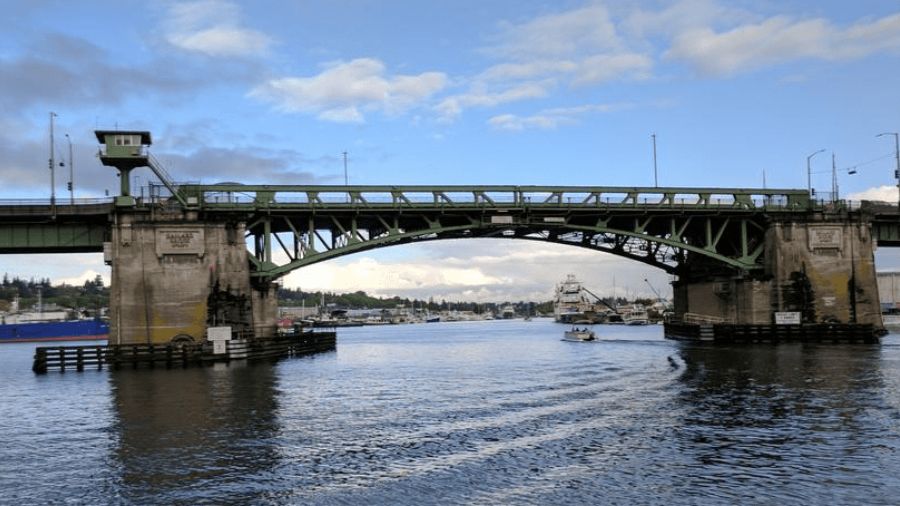New bill targets unsecured loads: Will big rigs finally be required to cover their cargo?
Jan 23, 2025, 6:31 AM

A truck filled with gravel travels without a visible freeboard cover. (Photo courtesy of Washington State Patrol)
(Photo courtesy of Washington State Patrol)
If it’s illegal for a cooler to fly out of your pickup truck, why isn’t it illegal when big rigs or dump trucks fail to cover or secure their loads?
An industry loophole would be closed under a new .
You see commercial vehicles carrying sand, gravel, dirt and other loose material every day. Many of them have covers they can roll over the top of their loads, but don’t use them. Others don’t have covers at all.
Why is this legal when we all have to cover our loads when we fill our trailers with bark dust?
More on WA roads: WA near dead last for overall driving in the U.S., latest study claims
The current law allows these commercial rigs to travel without covers if they have six inches of freeboard maintained in the bed. You’ve seen this. It’s the two-by-six piece of wood propped on the sides of a dump truck or pieces of plywood extending from a pickup bed or trailer.
State Senator Sharon Shewmake, D-Bellingham, told the Senate Transportation Committee this week that this loophole leads to a lot of cracked windshields.
“It’s dangerous, but also, as we’re seeing cars become more complex with sensors and cameras, etc., it’s really expensive to repair,” Shewmake said.
Shewmake wants to eliminate the freeboard exemption and require that any vehicle carrying these types of loads use a cover if they’re equipped immediately, and then require covers on all of these vehicles by January 2028, giving companies a few years to upgrade their equipment. She sees this as a safety issue and an insurance cost issue.
“If you want to lower insurance, there’s a couple of things you can do,” Shewmake said. “One of the things that you can do is you can make it so there’s not as many claims. And so I think that’s what’s an important piece here, is make our roads safer, but also make sure that we’re not socializing the cost of people not covering their transportation loads when they’re carrying things that can get loose and crack our windshields.”
Former Washington State Patrol (WSP) Captain Jeff Devere, who now represents the Washington Trucking Associations, testified it isn’t fair to blame big trucks for all those rocks and other debris flying around.
“Trucks are not the only thing that contributes to debris on a road,” he said. “If any of us are driving a car with tires on it, and we drive to gravel, sometimes it gets stuck in the car, and if anybody’s heard that ‘tink, tink, tink’ when you’re getting on the freeway from the on-ramp, we have debris coming from all places.”
There is a concern that eliminating the freeboard exemption would hurt smaller businesses if they had to pay for the required upgrades. Jerry Vanderwood spoke on behalf of the Association of General Contractors.
More Chokepoints: Spanaway Loop Road closure to continue due to sewer project challenges
“Our members were a little bit concerned about losing the option of the six-inch freeboard because we felt like that works pretty well,” Vanderwood said.
The proposed bill would exempt rigs that are applying sand or deicers or working during emergencies or in closed construction zones. It would also require that drivers stop their rigs immediately and remain at the scene of any spill.
I’m not sure how practical that would be or how that would work if a single rock flies out of a truck or trailer.
The fine for an unsecured load can run up to $5,000. You can also face jail time if there are injuries associated with a lost load.
Check out more of Chris’ Chokepoints here. You can also follow Chris on .�� to follow ����Xվ Newsradio Traffic’s profile on X.












